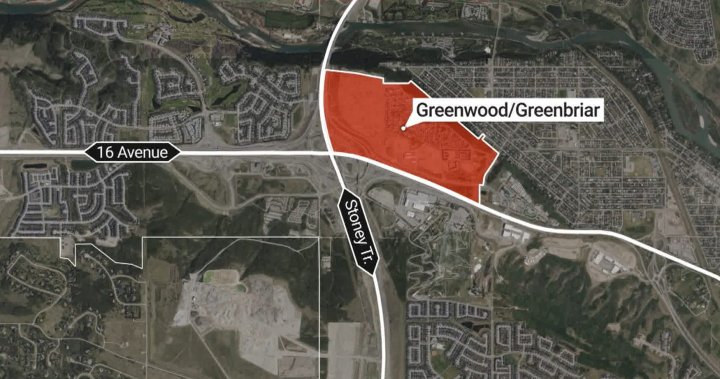In the quiet community of Greenwood Village in southwest Calgary, a storm is brewing. Residents of this mobile home park are facing unprecedented financial pressure as lot rental fees have surged by 30 percent in just two years, pushing many fixed-income seniors and families to the financial brink.
“I’m at the end of my rope,” says Margaret Wilson, a 72-year-old resident who has called Greenwood Village home for over 15 years. “My pension doesn’t stretch any further, and I’m genuinely afraid I’ll have to abandon my home.”
The crisis in Greenwood Village represents a troubling trend across Alberta’s housing landscape. While mobile homes have traditionally offered an affordable housing alternative, the rapid escalation of lot fees is eroding this advantage. The latest increase of $100 per month brings the monthly lot rental to approximately $900—a staggering sum for residents who already own their homes outright but must pay for the land beneath them.
Unlike traditional rental properties, mobile home communities exist in a regulatory gray area in Alberta. Provincial legislation offers minimal protections against such increases, leaving residents particularly vulnerable to market fluctuations and corporate decisions.
Havenpark Communities, the American investment firm that purchased Greenwood Village in 2021, defends the increases as necessary to maintain quality infrastructure and services. In a statement to CO24 News, company spokesperson Jennifer Adams cited “significant improvements to community amenities” and “rising operational costs” as justifications for the fee hikes.
However, residents dispute these claims. Community advocate Thomas Jenkins argues, “The only visible change has been the installation of a small playground that few residents use. Meanwhile, road maintenance and snow removal have actually deteriorated since the ownership change.”
The situation highlights broader concerns about housing affordability across Canada. Housing advocates point to a growing trend of investment firms acquiring mobile home communities and implementing aggressive fee structures to maximize returns. This pattern has been documented in Ontario and British Columbia as well, creating what some experts call “the perfect storm” for lower-income homeowners.
The Alberta Mobile Home Sites Tenancies Act provides some basic protections, but notably lacks rent control provisions. While residents must receive proper notice of increases, there are no caps on how much fees can rise. This regulatory framework stands in stark contrast to provinces like Ontario, where rent increase guidelines apply to mobile home communities.
Municipal officials in Calgary have expressed concern but note their limited jurisdiction. “While we sympathize with Greenwood Village residents, lot fee regulation falls under provincial authority,” explained City Councillor Sarah Martinez. “We’re exploring ways to support these communities, but our hands are somewhat tied by current legislation.”
For residents like Wilson, policy discussions offer little immediate relief. “I’ve cut back on everything—groceries, medications, heating. There’s nothing left to cut,” she says, echoing the sentiments of many in her community. Some residents have already listed their homes for sale, only to discover that the high lot fees have drastically reduced their property values.
As housing costs continue to rise across Canada, the situation in Greenwood Village raises important questions about affordability and protection for vulnerable homeowners. With mobile home communities increasingly controlled by large investment firms, what responsibility does government have to ensure these historically affordable housing options remain accessible to those who need them most?

























